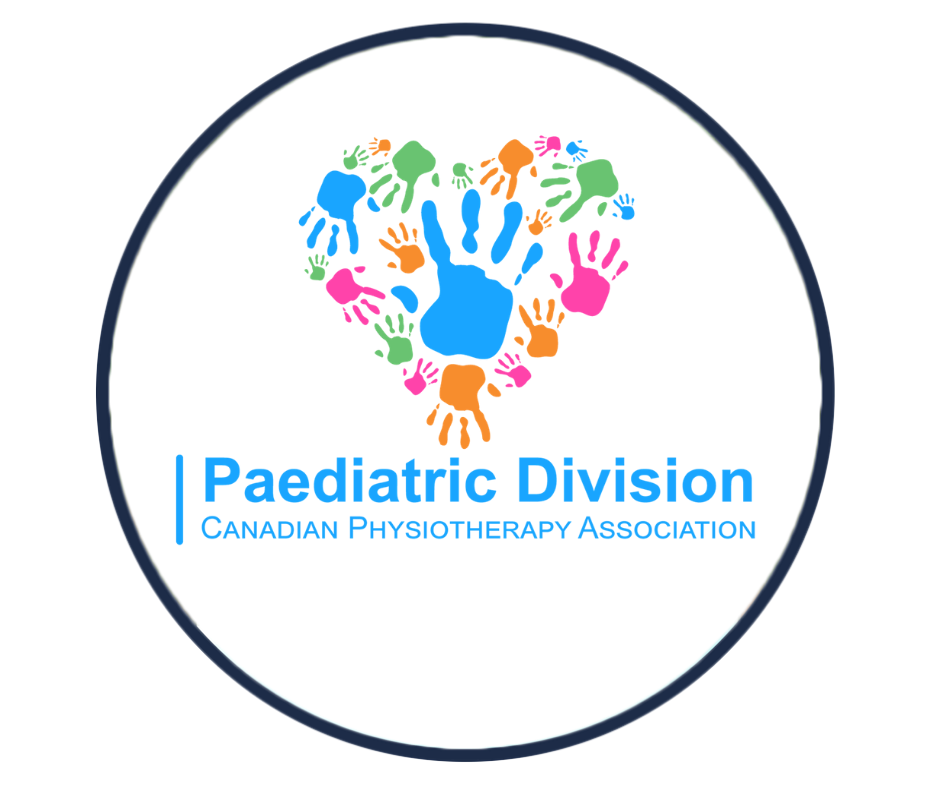Postural Development and Very Low Tone

Postural Development and Very Low Tone
This course includes
The instructors
Overview
Very low muscle tone presents unique challenges in paediatric physiotherapy, particularly when supporting postural development, breathing strategies, and functional movement across infancy and childhood. This course provides a clinically focused exploration of postural development in children with very low tone, grounded in current paediatric physiotherapy practice.
Designed for clinicians working directly with children and families, the course emphasizes practical observation, clinical reasoning, and intervention strategies that can be applied immediately in practice. Complex concepts are supported with clear visuals, case examples, and a well-paced teaching style that supports learning across experience levels.
This course is delivered in partnership with the Canadian Physiotherapy Association – Paediatric Division, reinforcing its relevance to contemporary paediatric physiotherapy practice.
Learning Objectives
By the end of this course, participants will be able to:
-
Describe key principles of postural development in children with very low muscle tone
-
Recognize how low tone influences breathing, alignment, and movement strategies
-
Identify postural patterns commonly observed in infants and children with hypotonia
-
Apply practical assessment considerations to guide intervention planning
-
Integrate developmentally informed strategies into paediatric physiotherapy care
Audience
This course is intended for healthcare professionals working in paediatrics, including:
-
Paediatric physiotherapists / physical therapists
-
Occupational therapists working with infants and children
-
Early intervention clinicians
-
Students and new graduates entering paediatric practice
It is particularly valuable for clinicians who:
-
Work with infants or children with hypotonia
-
Support postural development and breathing in paediatric populations
-
Are seeking immediately applicable, clinically relevant strategies
About the Presenter

Mary Massery, PT, DPT, DSc
Mary is an internationally recognized physical therapist, educator, and clinician whose work has shaped how clinicians think about breathing, posture, and motor control across the lifespan. With more than four decades of clinical experience, Dr. Massery’s expertise spans paediatric and adult populations and emphasizes a multi-system, integrative approach to movement dysfunction.
Dr. Massery earned her Bachelor of Science in Physical Therapy from Northwestern University (1977), her Doctor of Physical Therapy from the University of the Pacific (2004), and her Doctor of Science from Rocky Mountain University of Health Professions (2011). Her doctoral research—published in the Journal of Applied Physiology—helped establish connections between airway function and postural stability, advancing contemporary understanding of core stability and motor behaviour.
She has delivered over 1,000 invited presentations in all 50 U.S. states and more than a dozen countries worldwide, including keynote and major addresses on topics such as breathing mechanics, postural development, and multisystem influences on movement and function. Dr. Massery has received the American Physical Therapy Association’s Florence Kendall Practice Award, the honorary Linda Crane Memorial Lecture distinction, and Outstanding Alumnus recognition from each of her three alma maters—honours that reflect her enduring influence on the profession.
Clinically, Dr. Massery is known for her ability to translate complex physiology into practical clinical insight, helping clinicians blend biomechanics with respiratory, neuromuscular, and systemic perspectives. She continues to teach, consult, and maintain a limited patient practice in the Chicago area, supporting therapists and patients alike in achieving more effective, whole-person outcomes.
Participant Feedback
Participants consistently highlight the quality of instruction, depth of practical content, and immediate clinical applicability of this course:
“This was a FANTASTIC presentation and had so much practical content I can apply directly to the kids I work with immediately.”
“Mary is always such a fantastic speaker—she jammed so much useful information into this one-hour webinar.”
“Excellent content and delivery. Good pace, great slides and pictures.”
“I will be re-watching this a few times!”
Several participants also expressed interest in additional follow-up education, particularly related to supporting older children with established breathing or postural patterns—underscoring the course’s impact and clinical relevance.
The instructors


The Paediatric Division is a special interest group within the Canadian Physiotherapy Association. Our membership consists of clinicians from all practice settings, students, educators, researchers, physiotherapy assistants and administrators all of whom have a passion for promoting participation and enhancing the lives of children and their families. We are dedicated to provide resources and information for paediatric patients and their families to promote participation and function independence in all aspects of life.
Paediatric physiotherapists employ clinical expertise in the early detection of health problems, treatment, education and management of congenital, developmental, neuromuscular, skeletal, cardiorespiratory or acquired disorders/diseases. Paediatric physiotherapists work with children of all ages, from infants through young adulthood to promote participation and functional independence. Paediatric physiotherapists have a unique role in that they not only work with the child, but also their families in the context of their daily home, school and recreational environment.
Paediatric physiotherapists use validated outcome measures to assess the level of strength, flexibility, gross-, and fine-motor coordination and overall functional capabilities to determine participation limitations or restrictions as a result of injury, disease or disability.
Through analysis of objective assessment findings, the paediatric physiotherapist uses evidence-based treatment interventions specifically tailored to the client and their family's goals. Treatment interventions focus on improving gross and fine motor skills, balance and coordination, strength and endurance, as well as cognitive and sensory processing/integration.
Material included in this course
-
Postural Development and Very Low Tone: Is it Possible to Avoid Disaster
-
Welcome!
-
Pain and Participation
-
2 Big Questions
-
Focus on the Spine
-
The Long-Term Goal
-
Preventing and Minimizing Consequential Spinal and Chest Deformities
-
Conclusion
-
Questions
-
Summary and Key Insights
-
Feedback
Patient education included in this course
-
Supporting Posture and Breathing in Children With Low Muscle Tone
I'm a member of the Canadian Physiotherapy Association (CPA). What are the discounts available to CPA Members on Embodia?
As part of our partnership with the CPA, we offer its members discounts on courses and Embodia Memberships. Learn more about the partnership on this page.
In order for the discount to be applied, you first need to authenticate your CPA membership. This is an important step as this is how Embodia 'knows' that you are a CPA member.
To authenticate as a CPA member, you need to sign in the CPA portal on this page, sign in to your CPA account, and then click the button on the page.
Please note that your email address on your CPA account must match your email address on Embodia. If needed, you can update your information on Embodia as outlined in this guide.

Is a certificate of completion included with this course?
Once you have completed the course, a certificate of completion (including learning hours and course information) will be generated. You can download this certificate at any time. To learn more about course certificates on Embodia please visit this guide.
This can be used for continuing education credits, depending on your professional college or association. If this course has been approved for CEUs in specific jurisdictions, it will be noted on the course page and CEU information may be added to your course certificate. Please read this guide for more information.
This course has patient education. Can I share it with my patients?
Yes, patient education included in courses or resource packages on Embodia can be shared directly through the Embodia platform. A Tier 2 or 3 Membership is required to share education. These memberships include a range of other features. You can learn about patient education on Embodia here, and about memberships on Embodia here.